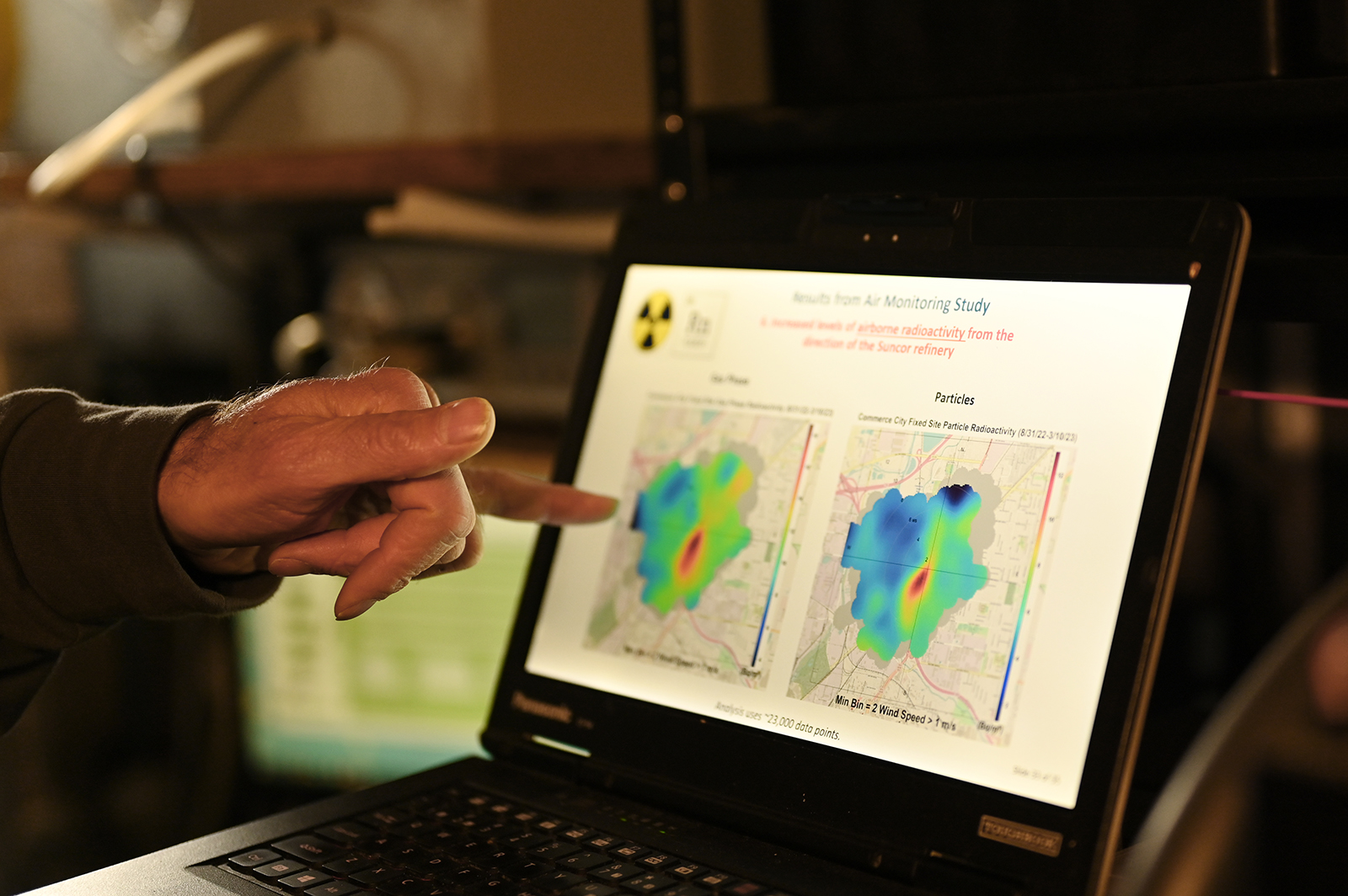In 2023, air quality in the United States took a hit as Canadian wildfire smoke became a major contributor to air pollution in major U.S. cities, according to the latest World Air Quality Report by IQAir. While the report revealed that U.S. residents had cleaner air compared to many other countries, it also highlighted that most areas exceeded the World Health Organization’s recommended air pollution levels. The increase in unhealthy air was attributed to various factors, including emissions from fossil fuel industries, but a significant spike was due to Canadian wildfires.
The consequences of prolonged exposure to air pollution are severe, with over 8 million estimated deaths worldwide annually linked to it, causing a range of health issues like respiratory diseases and cancers. To raise awareness, Christi Chester Schroeder, an air quality science manager at IQAir, emphasized the importance of monitoring air quality similar to checking the weather before spending extended time outdoors.
The IQAir report collected data from numerous monitoring stations worldwide and measured pollution levels based on PM2.5 concentrations. U.S. residents were found to be exposed to nearly double the recommended level of PM2.5, posing serious health risks. While cities like Washington, D.C., and New York experienced high pollution levels, efforts to mitigate wildfires resulted in cleaner air on the West Coast, offering a glimmer of hope amid challenging air quality conditions.

As efforts are made to combat air pollution, including the implementation of new EPA standards, the impact of wildfires remains a concern. The EPA’s recent adjustments to air pollution limits aim to reduce health risks and prevent premature deaths, highlighting the ongoing efforts to enhance air quality despite challenges like transboundary haze from wildfires.
The interactions between climate change, wildfires, and air quality underscore the need for proactive measures to protect public health and the environment. Initiatives focused on wildfire management and emissions reduction play a crucial role in addressing the escalating air quality concerns and ensuring a healthier future for all.






